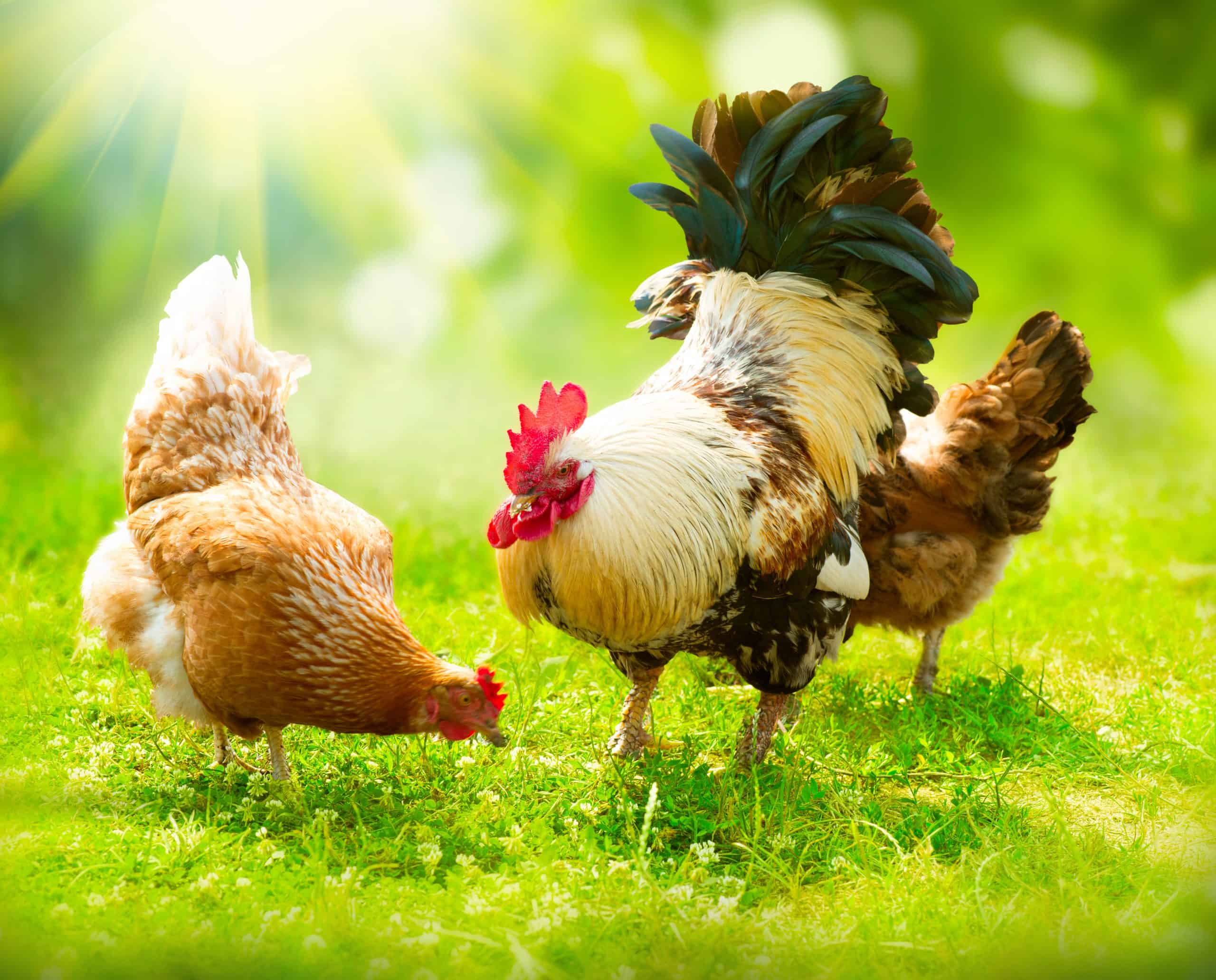What NOT to Feed Chickens
Chickens eat just about anything that comes their way. But, not everything is safe for the food-munching machines. It is, therefore, essential to know what is right for them and what is not. The good thing is that only a few foods can kill chickens. Some will make them slightly ill, and some have a long term effect on their health.
In this article, you will learn the various foods that you should not give to your chickens.
Raw or Dried Beans
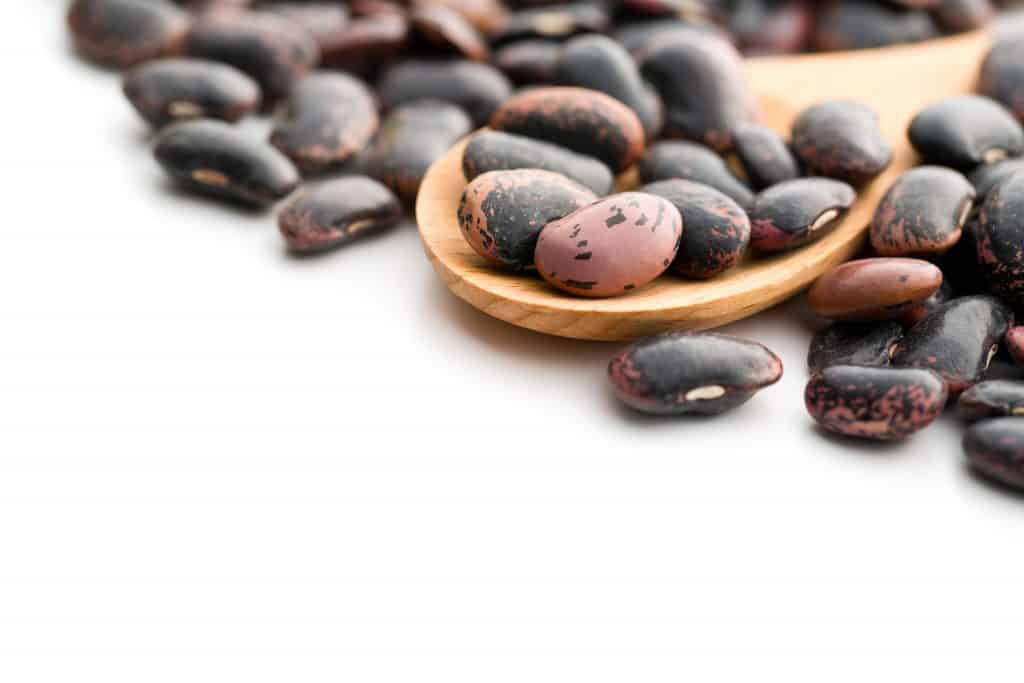
Dried beans are known for their acute effect on humans and so it’s the case for chickens. They can even result in death if they eat them in large amounts. The most common type of beans you should not give to chickens is kidney beans.
Why? Beans have a toxin known as phytohaemagglutinin. This toxin has shown to kill chickens and causes immediate illness after eating a few beans. Once your chickens eat dried beans, there is nothing much you can do to save them.
Make sure you keep your chickens out of beans plants’ reach. If you want to feed them beans, be sure to cook them thoroughly, as soaking them is not enough. For safety, you should soak the beans for more than five hours and later boil them to cook thoroughly.
Moldy Food
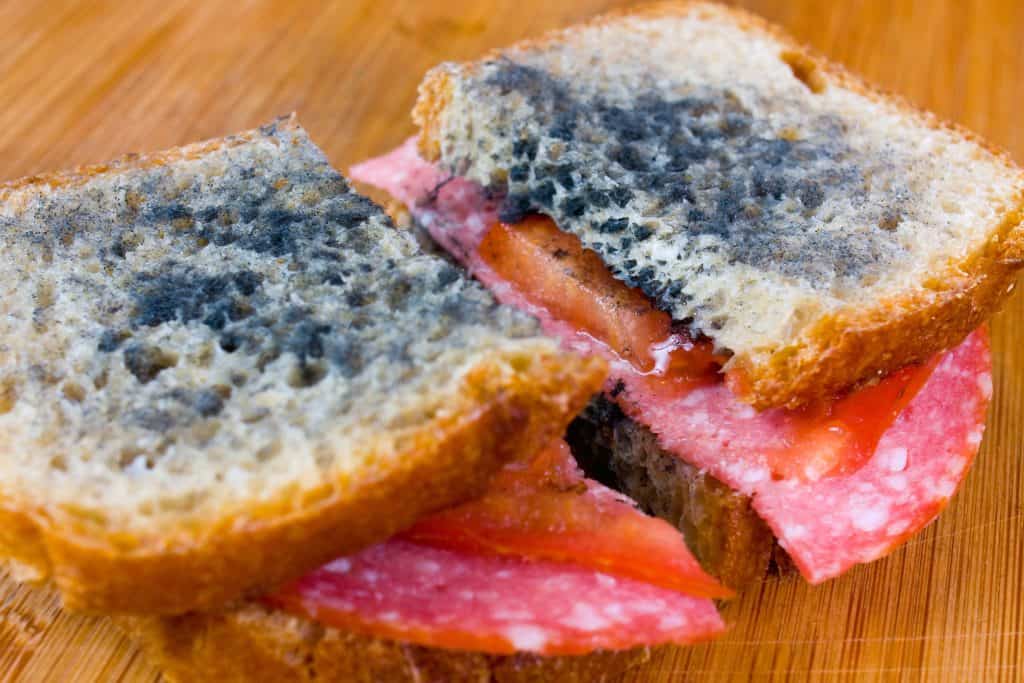
Like for humans, moldy food can cause severe health problems for chickens. Some molds are good, but since you cannot tell which one is harmful or not, it is best to keep these away from your chickens.
Foods that have gathered molds over time creates an environment for toxins. Molds on foods like nuts, corn, and apples produce a toxic known as aflatoxin. It is known to contribute to the development of liver cancer in animals and humans.
For safety, ensure chickens do not access any moldy food. On this note, ensure the feeds do not become damp to prevent the growth of molds.
Parts of the Avocado
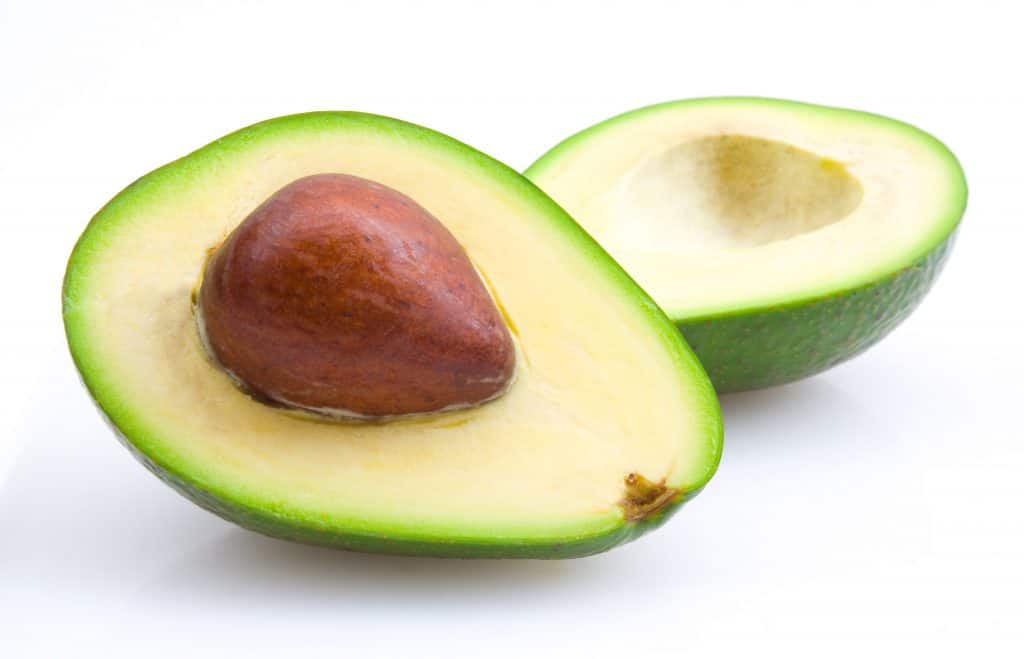
People have different opinions on whether an avocado is harmful to chickens or not. Some say the whole avocado can be poisonous, but this is not accurate.
However, chickens are susceptible to persin, a toxin found on the skin and seed of an avocado. Persin, causes heart problems followed by difficulties in breathing. It can lead to death in less than 48 hours after consumption.
The flesh of avocado has a lower level of persin compared to that on the skin and stone. You should only feed tiny amounts of avocado flesh to keep the persin levels down.
Green Potatoes
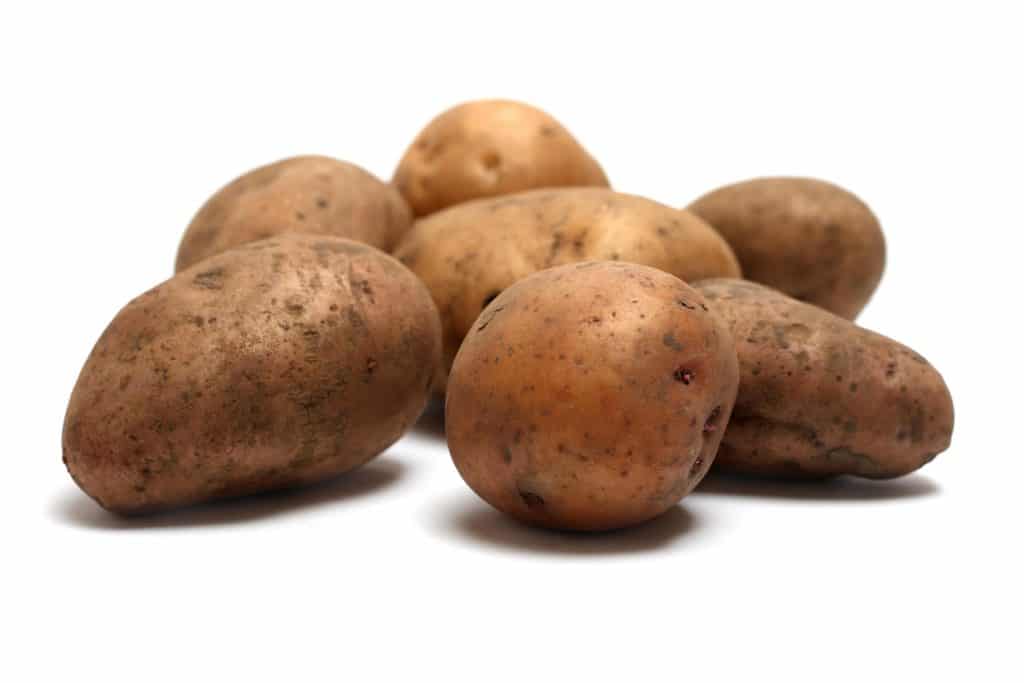
Chickens love potatoes hence the need to control how much they eat. Potatoes are not the most nutritious for chickens and do not make a great substitute for chicken treats. But, as long as you cook them, they have no harmful effects on your chickens.
The green potatoes, however, have solanine and chaconine, toxins found on the peel and flesh. You should note that cooking does not alter solanine, so boiling green potatoes does not help.
Potatoes go green with exposure to light, so you should store yours appropriately. If, by any chance, you notice some green ones, dispose of well to prevent your backyard chicken from feeding on them.
Also, do not throw green peelings onto the compost, especially if you rear backyard chickens. They can easily go scavenging in your compost pit and feed on these.
Chocolate
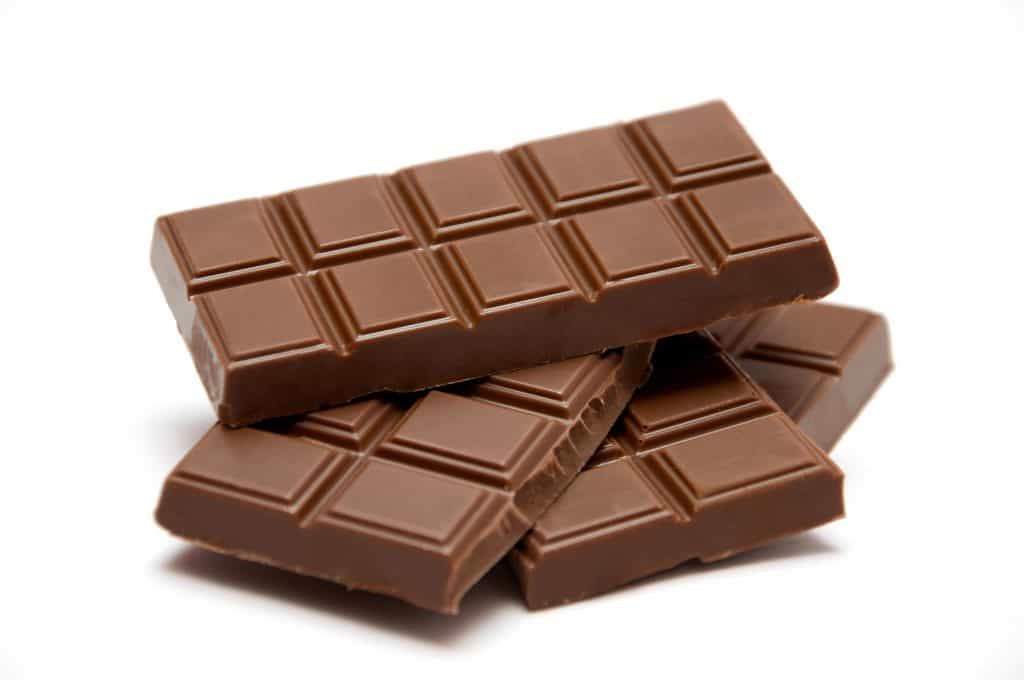
Well, it is funny how someone can feed chocolate to chickens as treats. But, for the sake of staying away from poisonous food, you should keep chocolate just for yourself. Chocolate is known to be harmful to some animals, particularly cats and dogs.
It is surprisingly fatal to chickens within a few days after consumption. Chocolate has Theobromine and caffeine, and the levels of these toxins are higher in dark chocolate.
In birds, chocolate causes heart problems and can range from irregular heartbeat to cardiac arrest. So, if you feed your chickens left offer chocolate cake, it might be best if you kept that away from them.
Junk Food
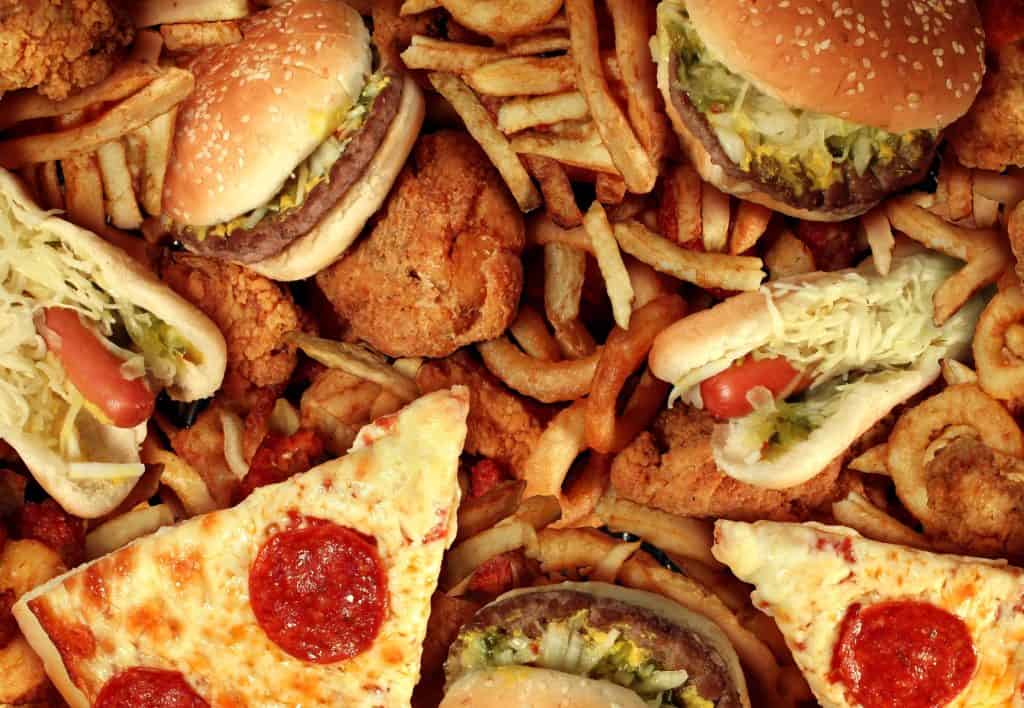
If you feed chickens any scrap from your kitchen, you might be causing more harm than good. Backyard chickens, especially, will much on just anything they come across. Junk foods like chips, candy, left-over cookies, etc. are not good.
The preparation process for junk foods involves adding artificial sweeteners, flavors, and colors. Others have enhancing ingredients that though safe for humans, could cause health issues for your flock.
It is, therefore, essential to manage waste from the kitchen properly to prevent roaming chicken from eating any of that. Instead, feed healthy, nutritious chicken feed and moderate treats.
Salty Foods
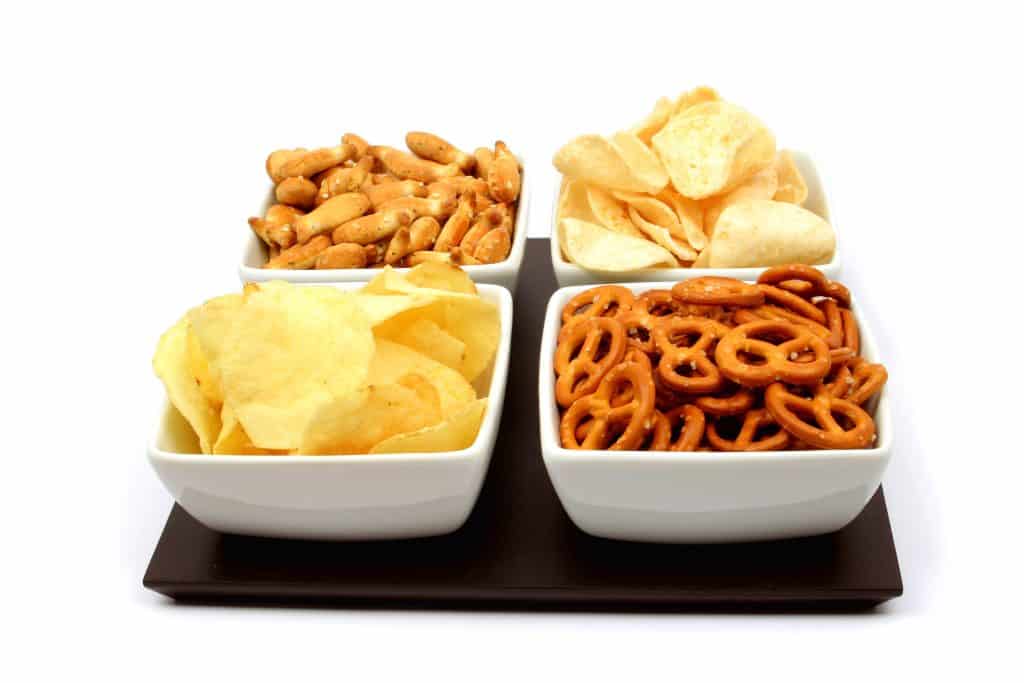
Excess amounts of anything can quickly poison these little animals. It explains why you should give then chicken feeds in moderation.
You should keep salty foods from your chicken coop as it can alter their little body’s fluid levels. Excess salt in the body, like in humans, results in a reduction in water levels that cause dehydration. If the situation lasts a while, as short as a few hours, it can be fatal.
Cherry Pits and Apple Seeds
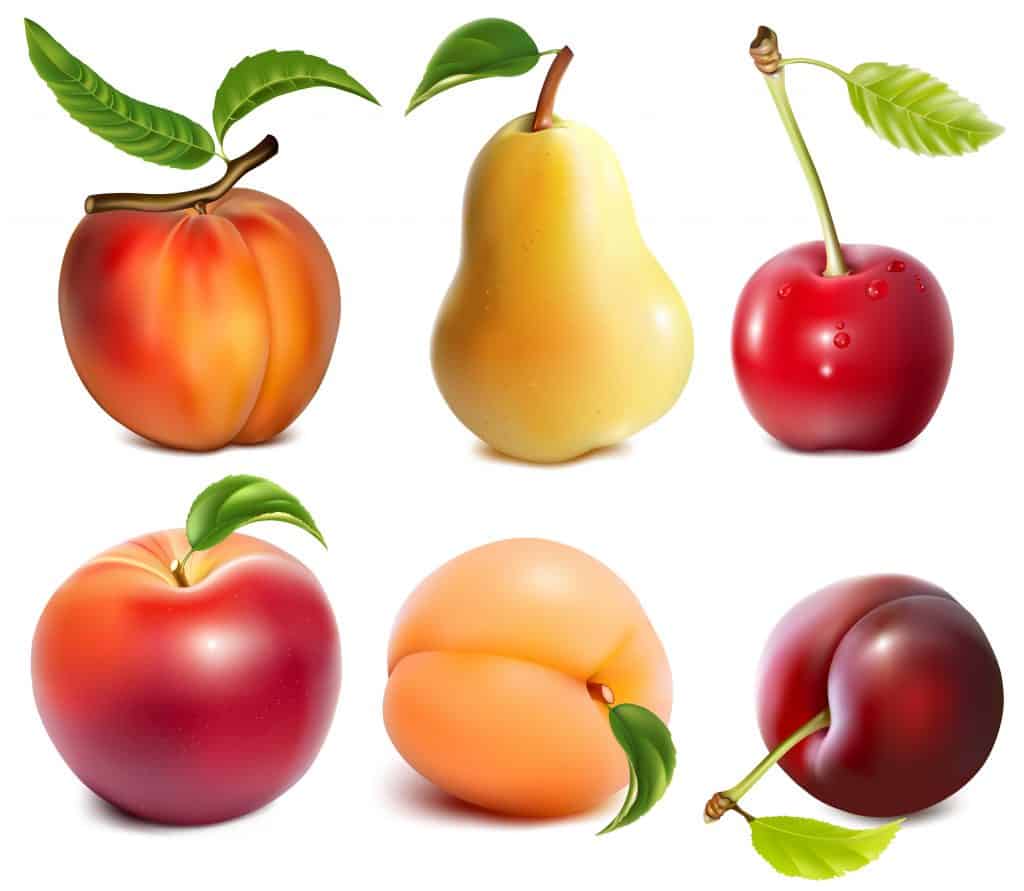
Most people feed poultry left-overs and inedible fruits parts. It is fine, but there are some fruit parts that you should never give to your chickens. Cherry pits and seeds from apples have cyanide. This compound is highly poisonous to chicken and can cause death.
Cyanide prevents the cells in the body from using oxygen. In such a situation, the cells die immediately. It acts quickly, and regardless of the amount ingested, can cause death in minutes.
Ensure you dispose of these parts of fruit properly and do not throw them in the compost if you have free raging chicken.
Butter
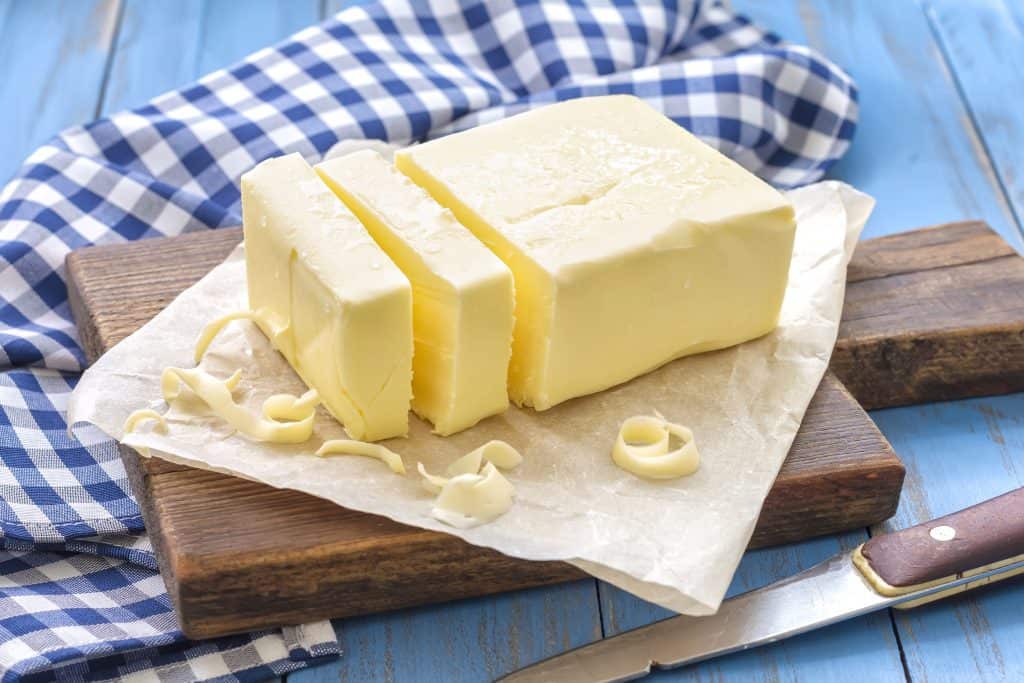
We all know butter has a high content of fat. Although it does not have any toxic traits on chickens, the high-fat content can cause digestive issues. After feeding butter, the little bodies will have a hard time synthesizing it. It will eventually end up as waste and cause runny stools.
Onions
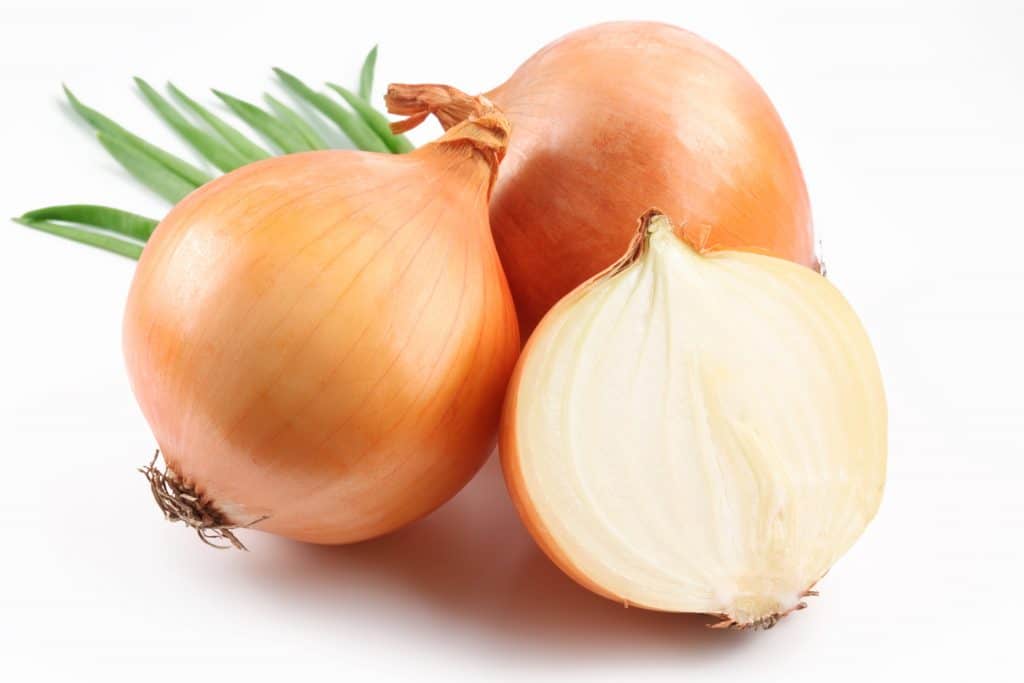
Not every vegetable in the kitchen is safe for hens. Onions, in particular, are not suitable as feeds as they contain sulfoxides and sulfides at high levels.
These compounds, in animals, can cause anemia due to the damage of blood cells. Although it is not clear if the effects are similar in poultry, it is best to keep onions away from them.
Nightshades
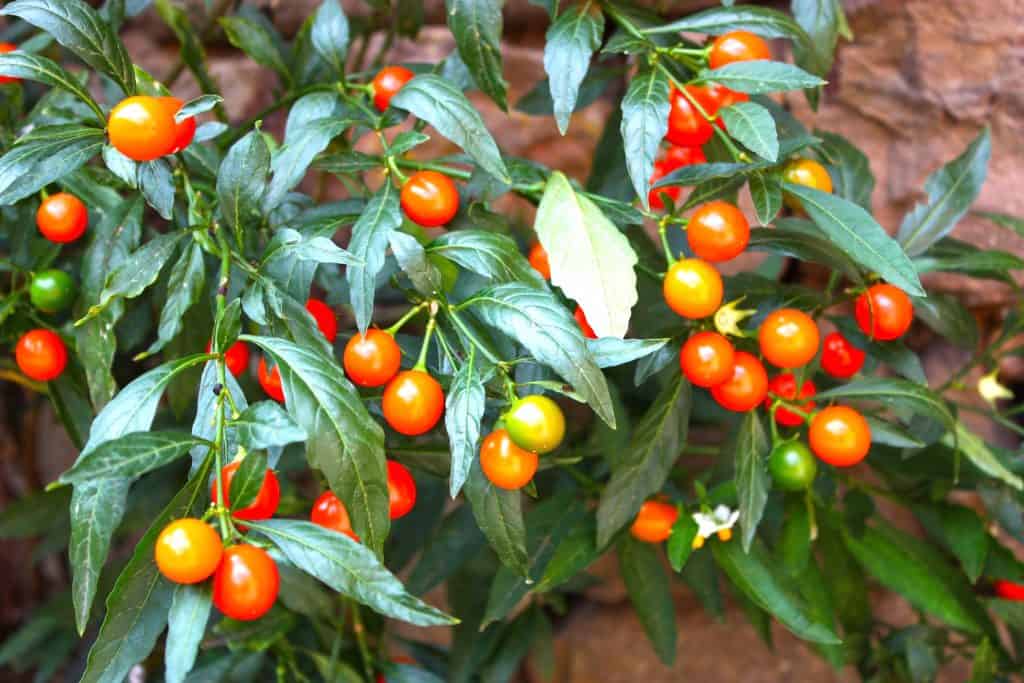
Nightshades come in many different varieties, including tomatoes, eggplant, and bittersweet. Many of them can be harmful to your flock and potentially cause death after consumption. Nightshades contain alkaloids, which lead to appetite loss and increased salivation.
High consumption can also cause a weakened heart rate and trouble in breathing. While is it okay to let your flock enjoy a tomato or two, be weary of plants in this class. One of the deadliest nightshades has five-lobed white and purple flowers with green and yellow fruits.
If your backyard has this or any other nightshade, be sure to contain your backyard chicken and block any access.
Rhubarb
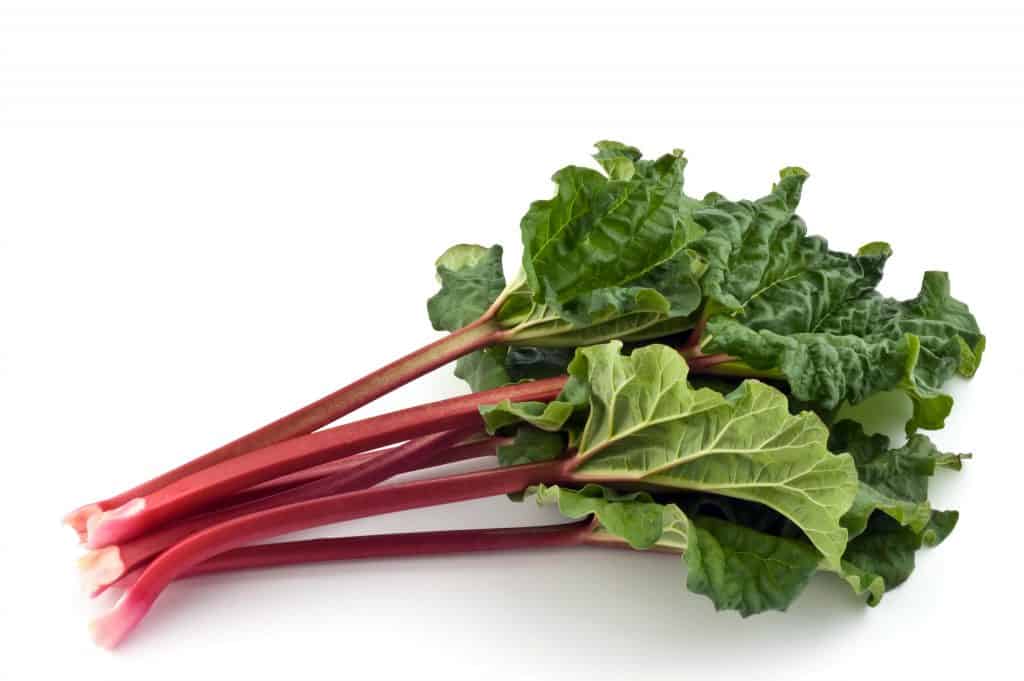
Rhubarbs make the perfect pie, but this does not mean they are safe for chickens. Rhubarbs contain oxalic acid or oxalates that are toxic to poultry and birds in general. High consumption may cause jaundice, increased salivation, and tremors. It is okay to grow rhubarb in your garden as long as you restrict the flock’s access.
FAQ
- What foods are toxic to chickens?
Many foods are poisonous to chicken. Some of the common ones include onions, rhubarb, green potatoes, candy, nightshades, salty food, and chocolate.
- What can I feed my chickens?
You can feed sprouted grains and seeds, pumpkin, cooked potatoes, leafy greens, cover crops, and store-bought chicken feeds. You should be careful with the potions as too much of these foods may cause harm.
- Can chickens eat bananas?
Bananas are safe for chicken, both raw and ripe. But, chickens do not enjoy them as much as other fruits. However, if your flock tends to love them, ensure you give in small portions as ripe ones have a high content of sugar.
- Can chickens eat chickens?
Yes. Chickens can eat scraps from chicken. They enjoy just like any other cooked food, and it does not cause any harm.
Conclusion
Choosing the right foods for your chickens can be daunting with all the myths surrounding this topic. But, this article can be a great guide on what not to feed your chickens, helping you choose the right foods for your flock.
